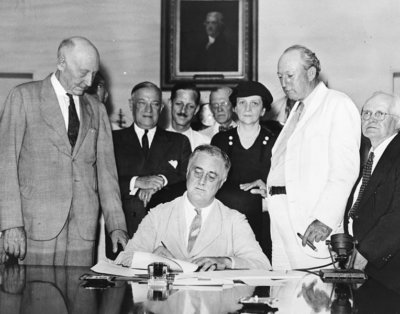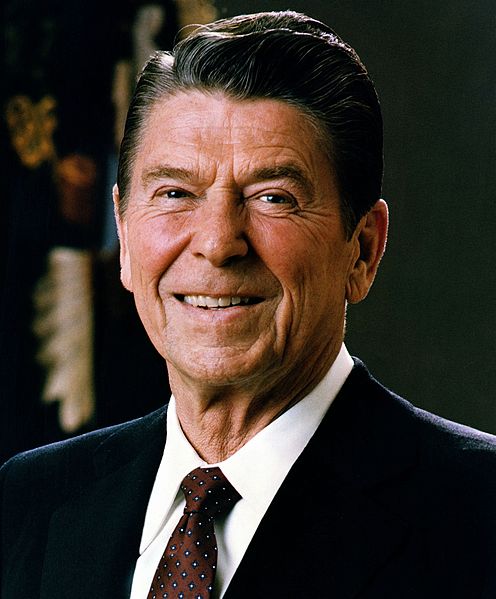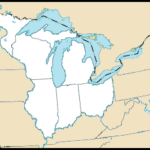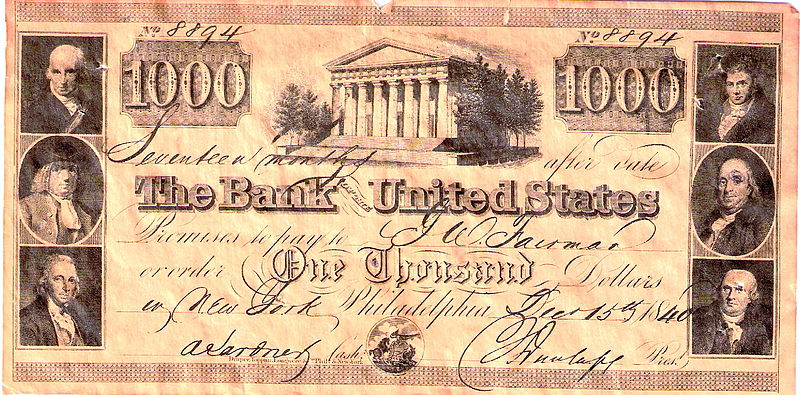When you think about important legislation from the New Deal, the Social Security Act is likely one of the top contenders. For the APUSH exam, you will need to know what this act was all about. Keep reading for an overview of this important piece of legislation.
What was the Social Security Act?

Before I can answer that question, I have to give a little bit of background.
We likely all know about Black Thursday – that infamous moniker given to the Wall Street Crash on October 24, 1929 that set off the Great Depression. Prior to the crash, speculation was running rampant (the Roaring Twenties were a time of excess); this speculation is now largely to blame as one of the most important causes of the Depression. Simultaneously, the Dust Bowl was increasingly devastating to the Great Plains. Many Americans were hurting financially.
And here enters FDR, who was elected in 1932 based on his promises to help the common man. In his first 100 days, he enacted sweeping legislation that ended Prohibition, and began the “alphabet soup” programs of the New Deal.
Later on in his presidency, in 1935, FDR began the second New Deal; the Social Security Act is one of the landmark pieces of legislation in that second New Deal.
What did the Social Security Act do?
The Social Security Act offered what is called a safety net; it ensured that once an individual reached the age of retirement, they would receive some sort of compensation. The model works so that younger workers pay into the system while older retirees receive the benefits.
This video gives a bit of background as to what the Social Security Act can tell us about other New Deal legislation. Source here.
Well, that sounds sweet! Why is Social Security so controversial?
The point of this blog post isn’t to get into why Social Security in its current form is so controversial; instead, I will give you some insight into why the Social Security Act was controversial at the time.
1. The Social Security Act largely excluded African Americans.
Because of the language in the Social Security Act of 1935, sharecroppers and domestics (maids, cooks) were left out of the benefits to be received when they reached retirement age. African Americans disproportionately were represented in these two fields; in effect, the Social Security Act did nothing to help them in old age.
2. The Social Security Act represented a misuse of government power.
I will let the following primary source, from an anonymous woman and written to the First Lady, Eleanor Roosevelt, explain this position.
——————————-
no address
Jan 18, 1937
Dear Mrs. Roosevelt,
I was simply astounded to think that anyone could be nitwit enough to wish to be included in the so-called social security act if they could possibly avoid it. Call it by any name you wish, but it is, in my opinion (and that of many people I know), nothing but downright stealing.
Personally, I had my savings invested so that I would have enough money for old age. Now thanks to the President, I cannot be sure of anything, being a stockholder. After business has survived his merciless attacks (if it does), insurance will probably be no good either. Believe me, the only thing we want from the president is for him to balance the budget and reduce taxes. I am not an “economic royalist,” just an ordinary white-collar worker at $1600 per year. Please show this to the president and ask him to remember the wishes of the forgotten man, that is, the one who dared to vote against him. We expect to be tramped on but we do wish the stepping would be a little less hard.
Security at the price of freedom is never desired by intelligent people.
Excerpt from a letter sent to Eleanor Roosevelt by an anonymous woman, January 18, 1937. Source here.
——————————-
Individuals felt like the government was stepping into what had previously been the purview of the private sector.
What kinds of questions will I be asked about the Social Security Act on the APUSH exam?
The short answer question below will ask you to compare two historians’ arguments.
“Undoubtedly social security deserves the appellation “revolutionary”…it brought government into the lives of people as nothing had since the draft and the income tax… No longer in urban America could the old folks, whose proportion in the society was steadily increasing, count on being taken in by their offspring as had been customary in a more agrarian world. Besides, such a makeshift arrangement was scarcely satisfying to the self-respect of the oldsters. With the transformation of the economy by industrialization, most Americans had become helpless before the vagaries of the business cycle. As a consequence of the social forces which were steadily augmenting social insecurity, only collective action by the government could arrest the drift.”
– Carl N. Degler, “The Third American Revolution,” in Out of Our Past: The Forces that Shaped Modern America, 1959
“The liberal reforms of the New Deal did not transform the American system; they conserved and protected American corporate capitalism, occasionally by absorbing parts of threatening programs. There was no significant redistribution of power in American society, only limited recognition of other organized groups. . . . The New Deal failed to solve the problem of depression, it failed to raise the impoverished, it failed to redistribute income, it failed to extend equality and generally countenanced racial discrimination and segregation.”
– Barton Bernstein, “The Conservative Achievements of Liberal Reform,” in Towards a New Past,1968
Answer (a), (b), and (c)
(a) Give ONE event from history that supports Degler’s interpretation of the Social Security Act
(b) Give ONE event from history that supports Bernstein’s interpretation of the Social Security Act
(c) What was ONE implication of the Social Security Act?
Possible Responses:
(a) The sweeping legislation of the Second New Deal was a revolutionary moment in US history; before that time, the government was not nearly as involved in the economy.
(b) The Social Security Act did not transform the American economy, as further panics and recessions would show. In fact, without the production boom required for World War II, the strength of the U.S. economy would likely have remained low.
(c) The Social Security Act made the government an economic actor in an unprecedented way in the United States.





Leave a Reply